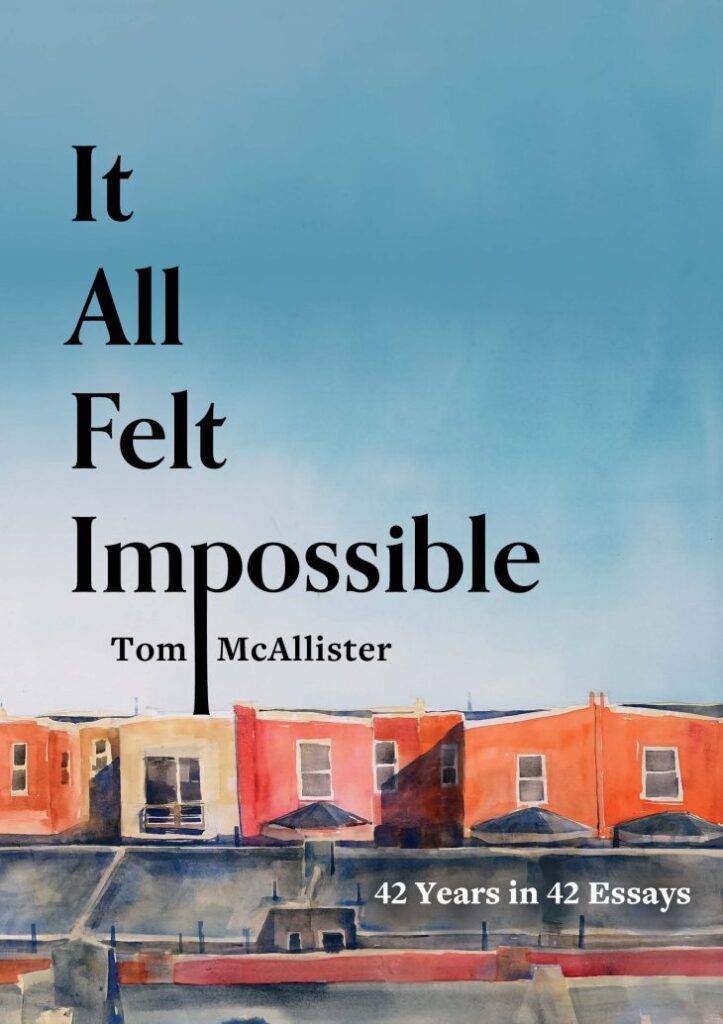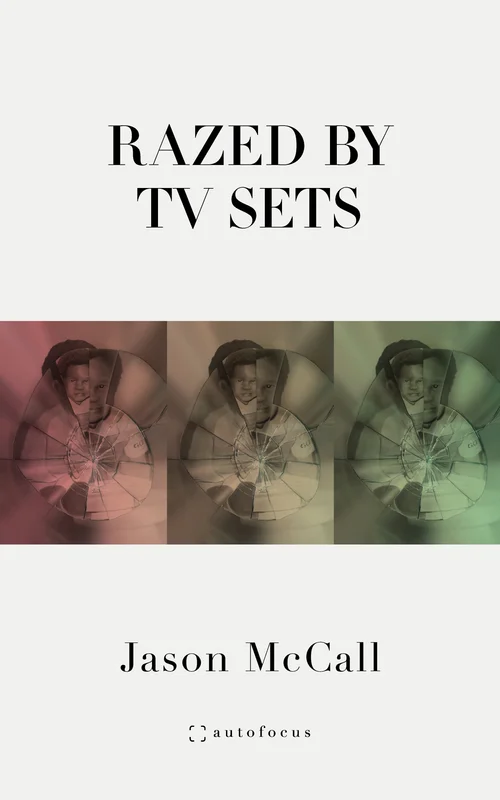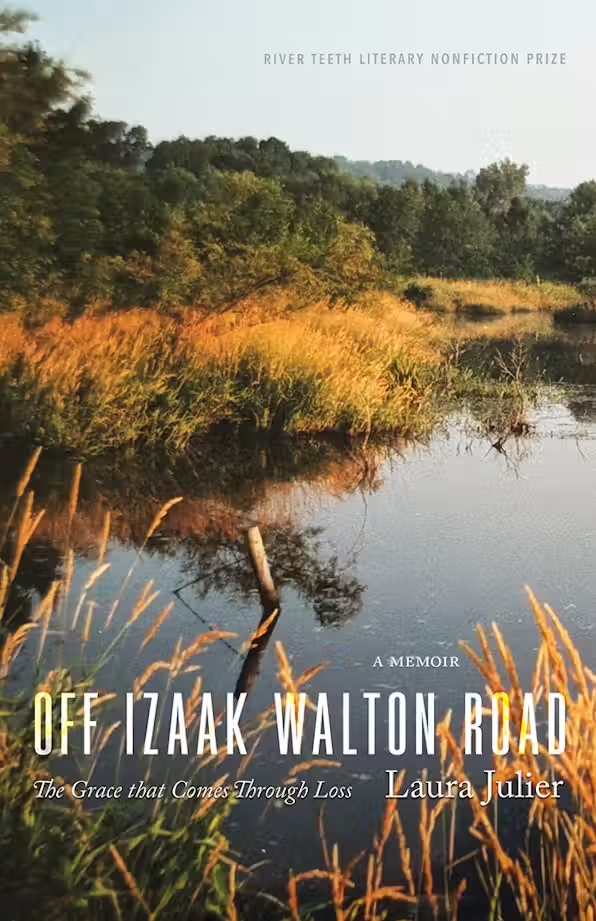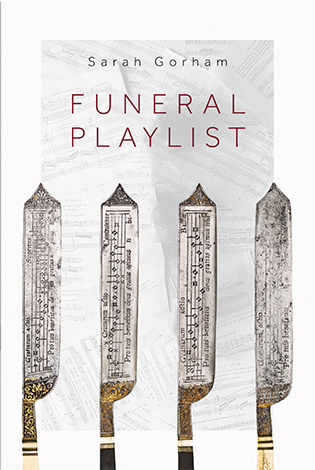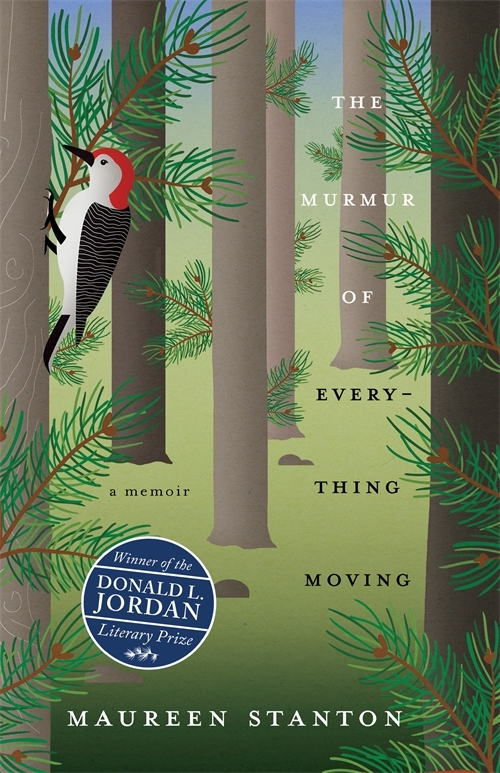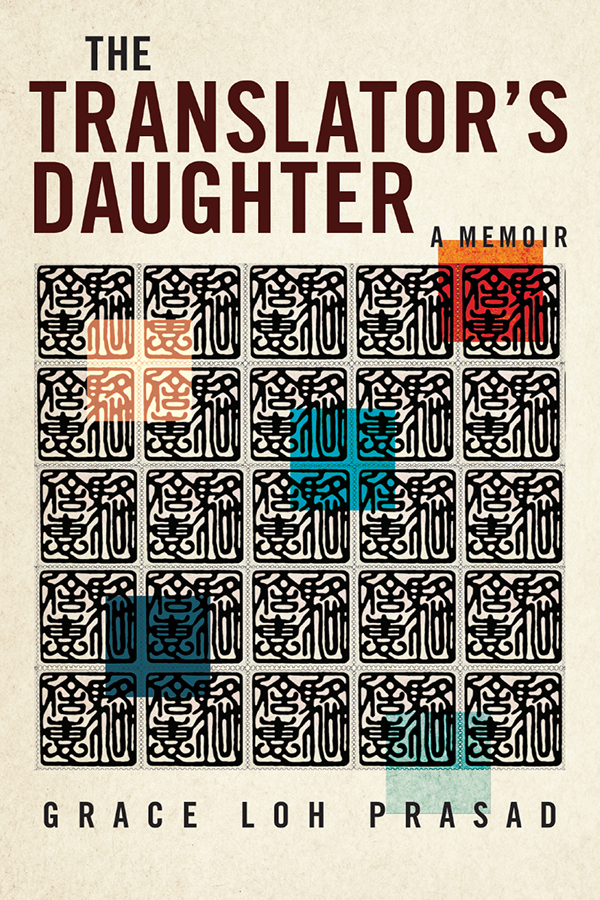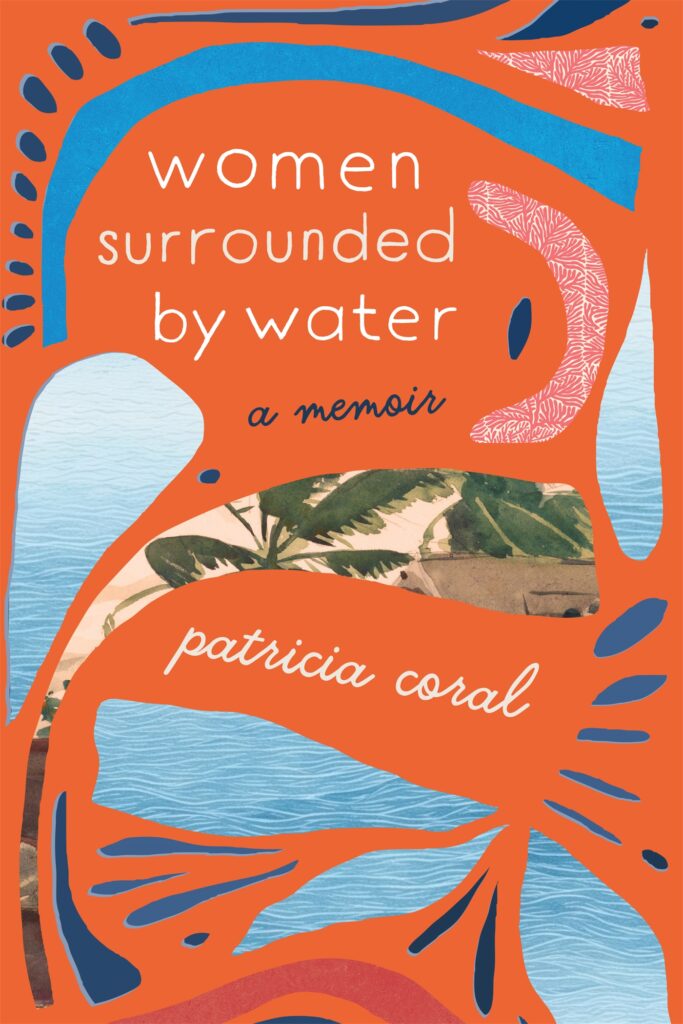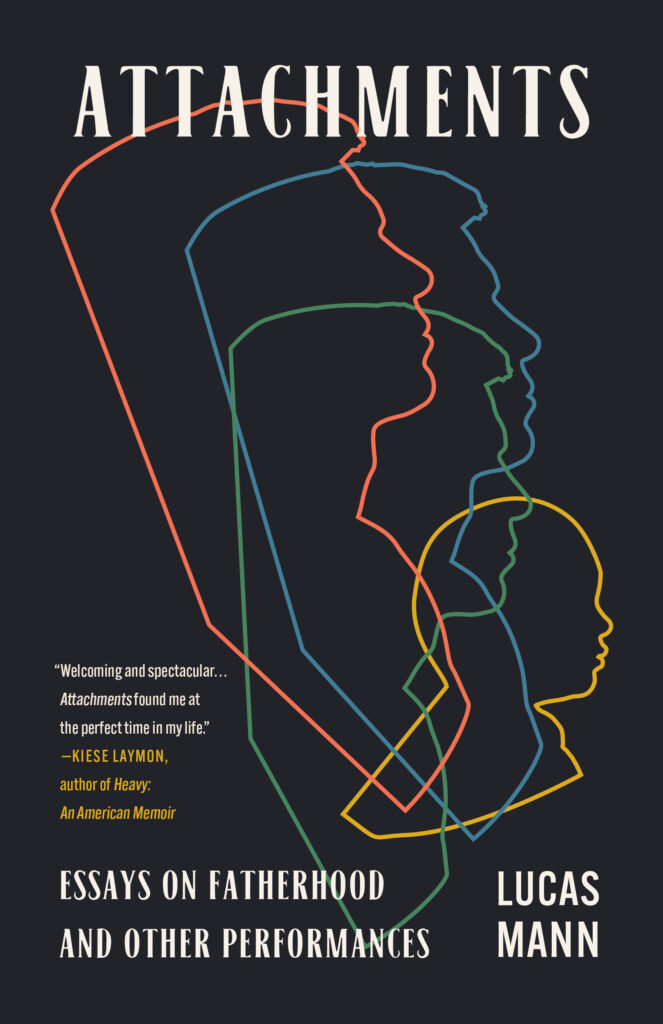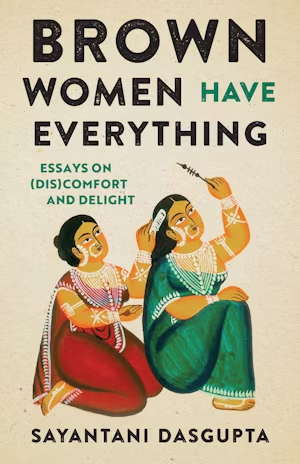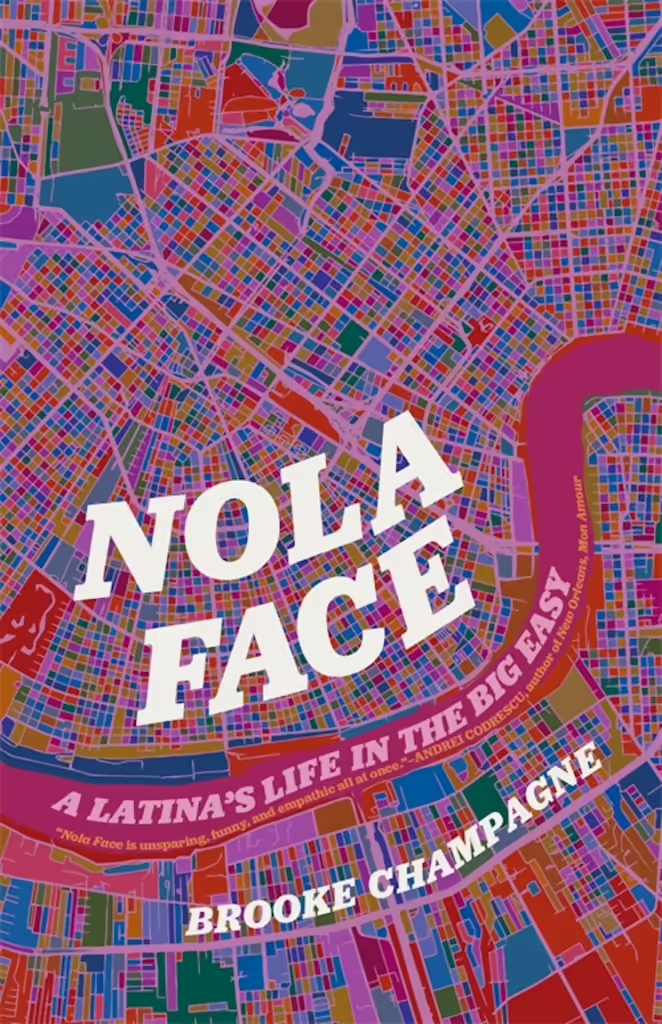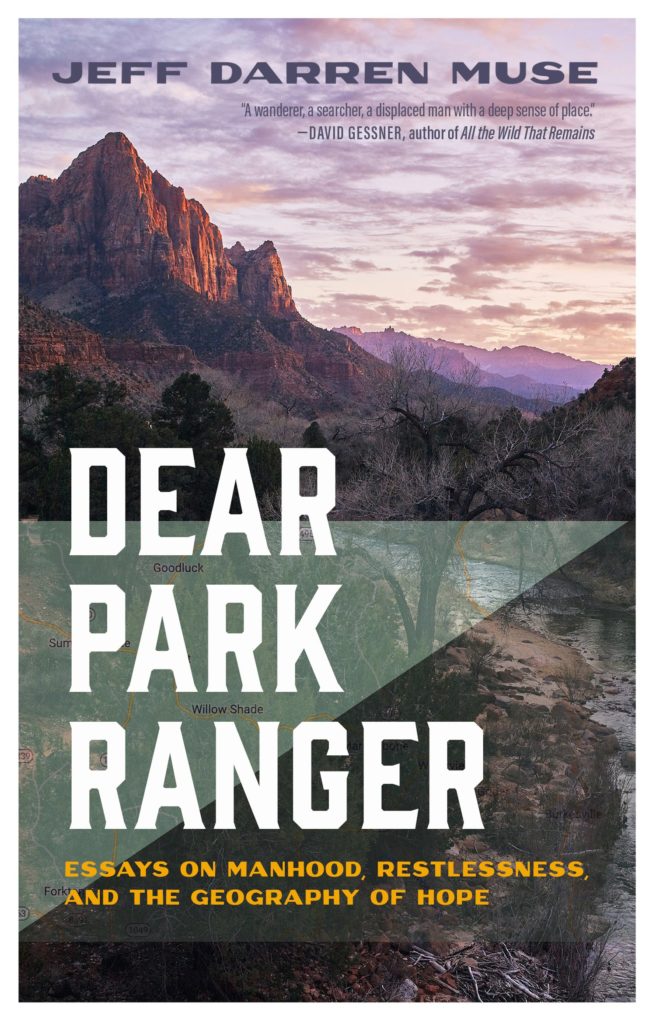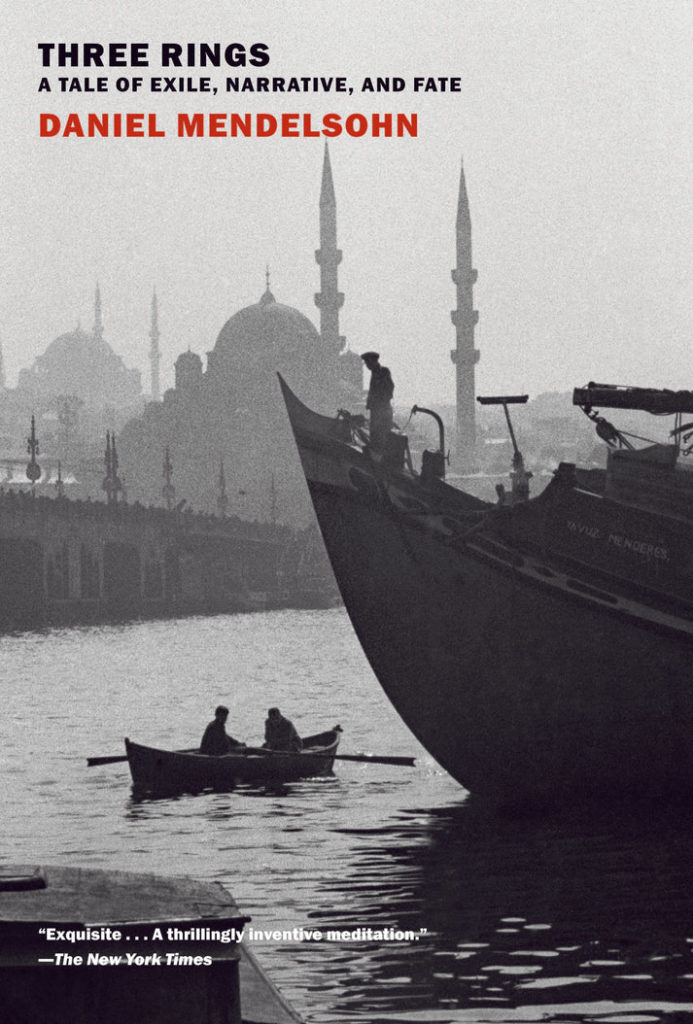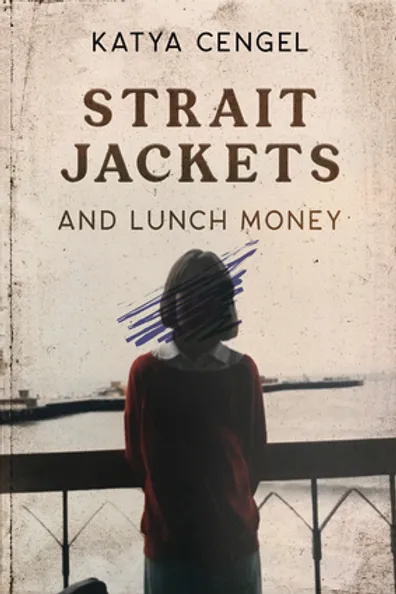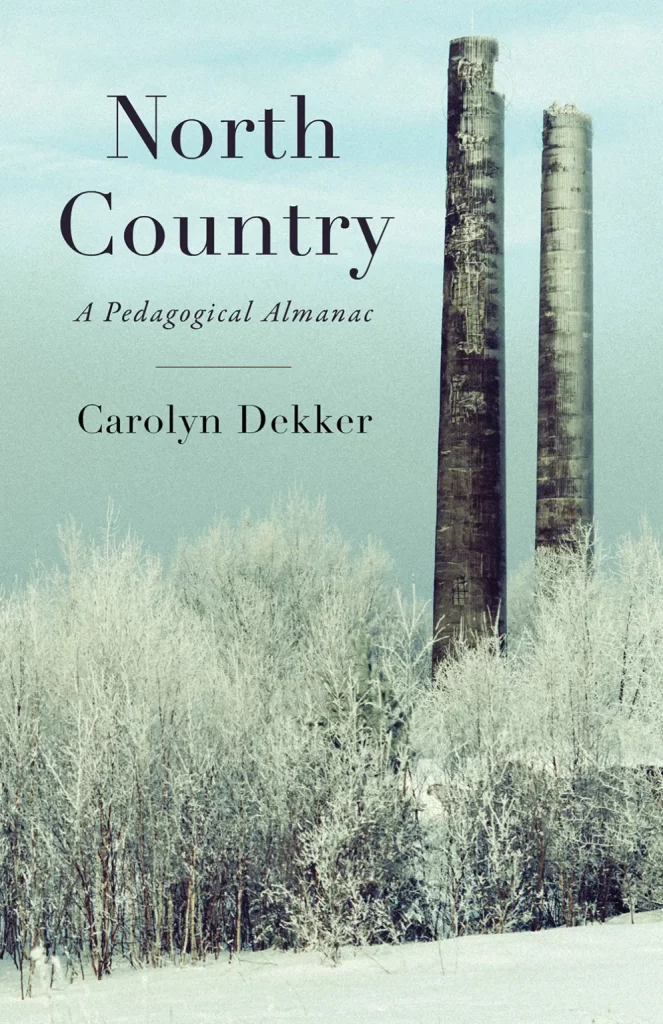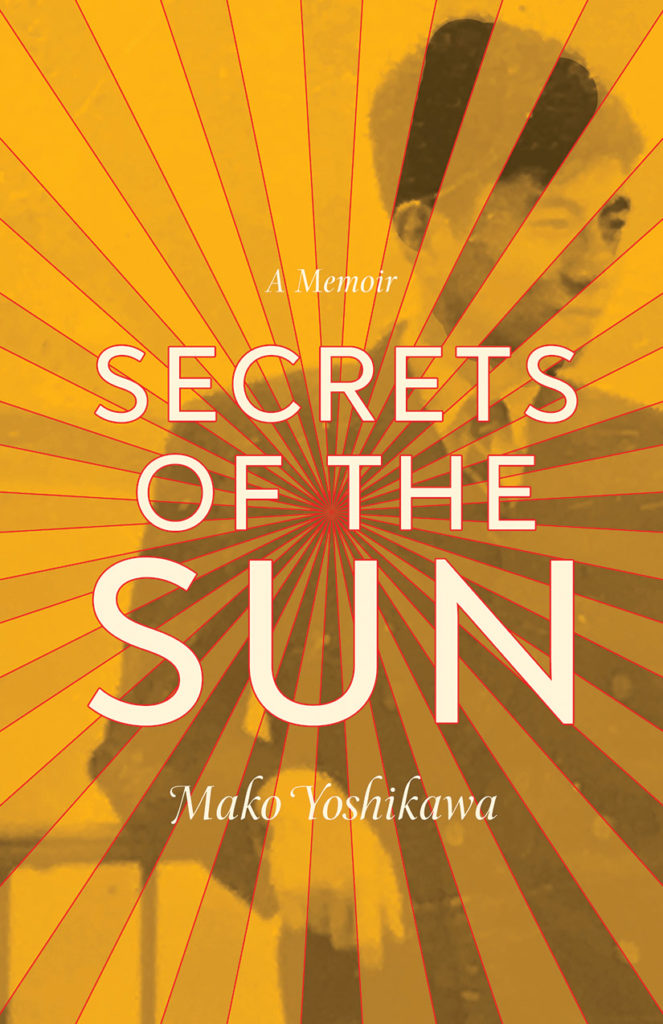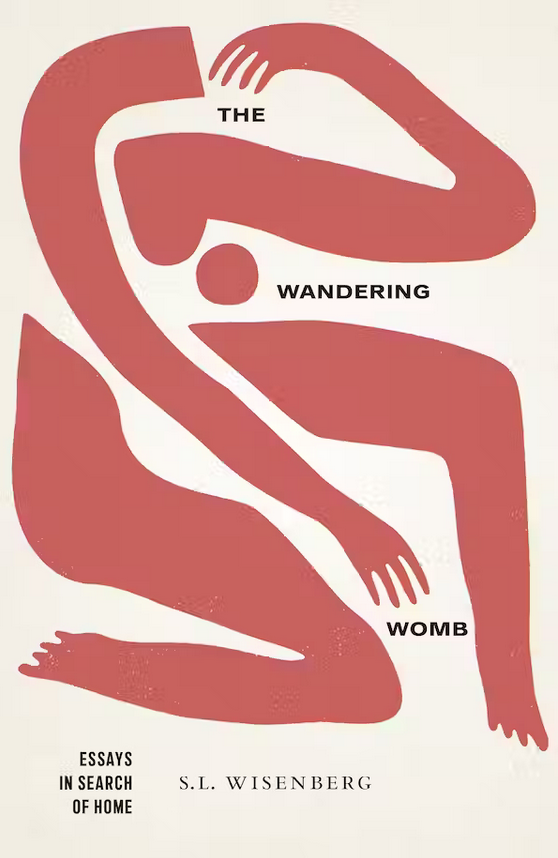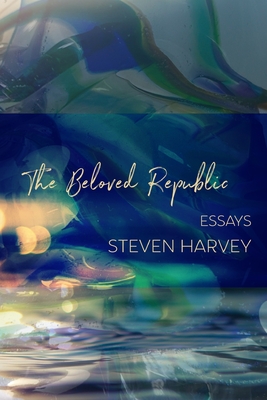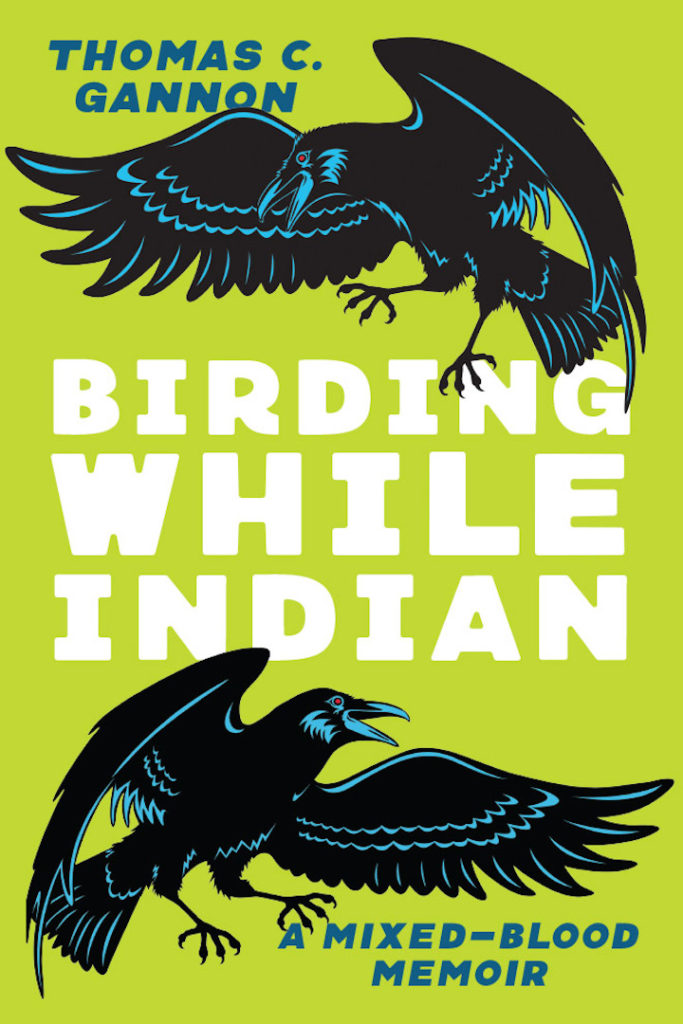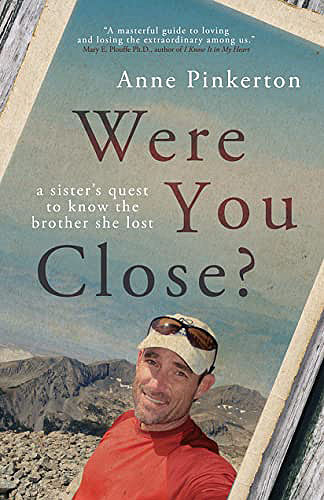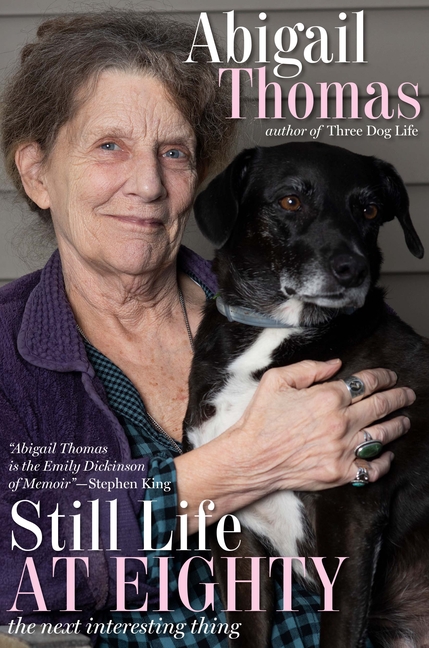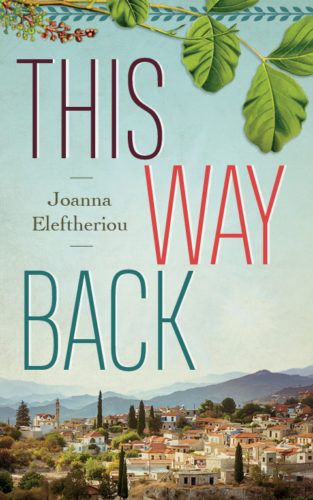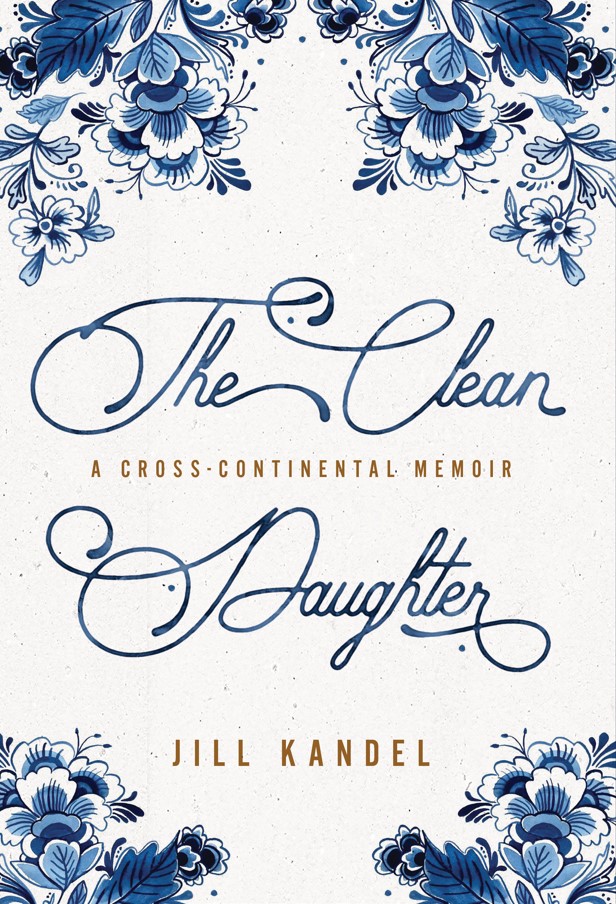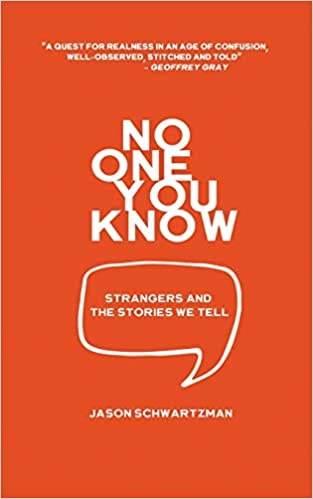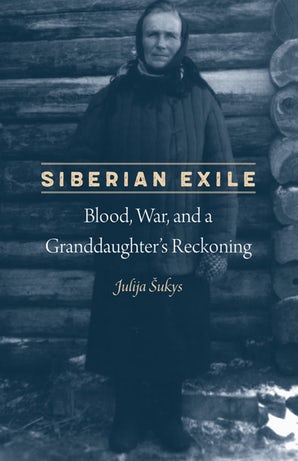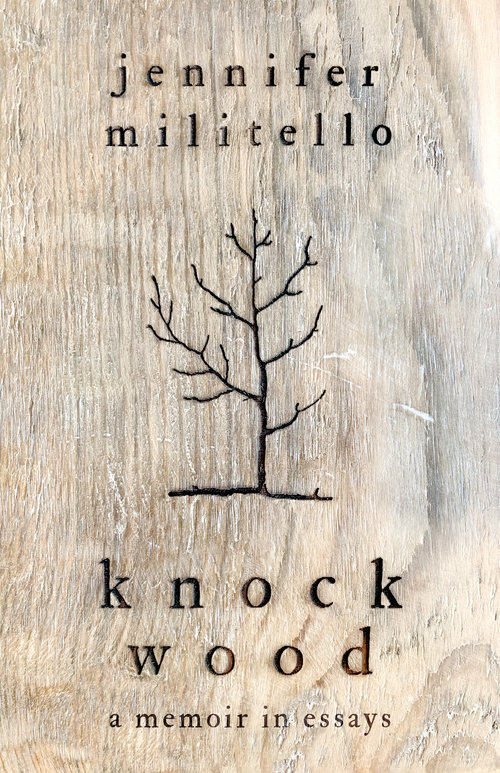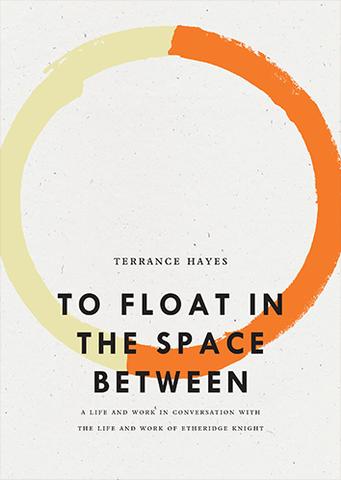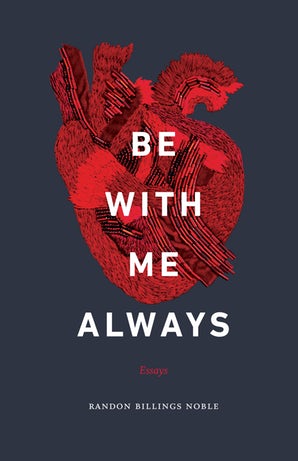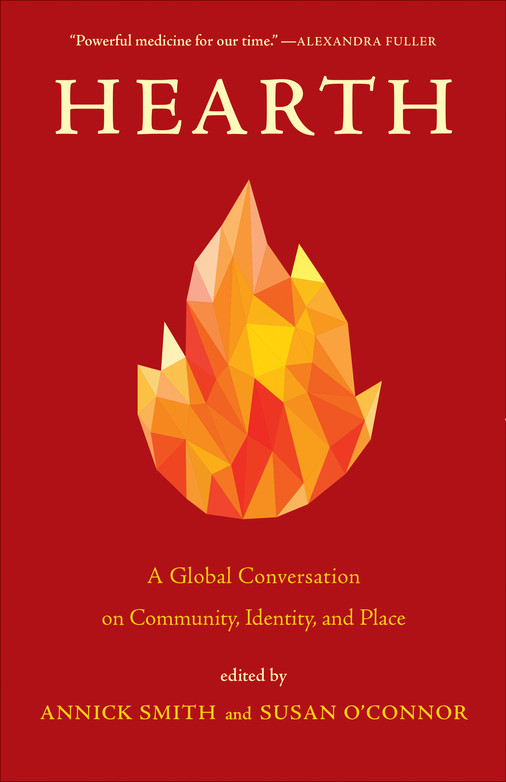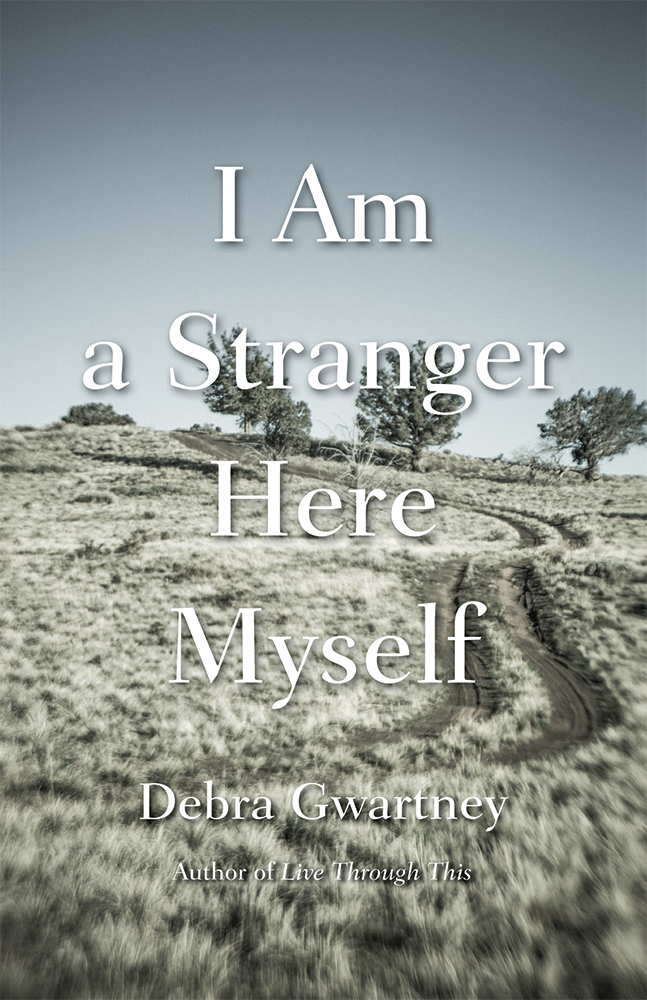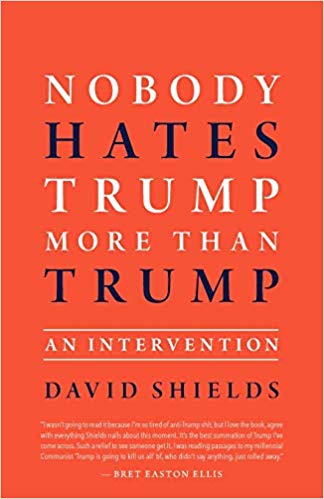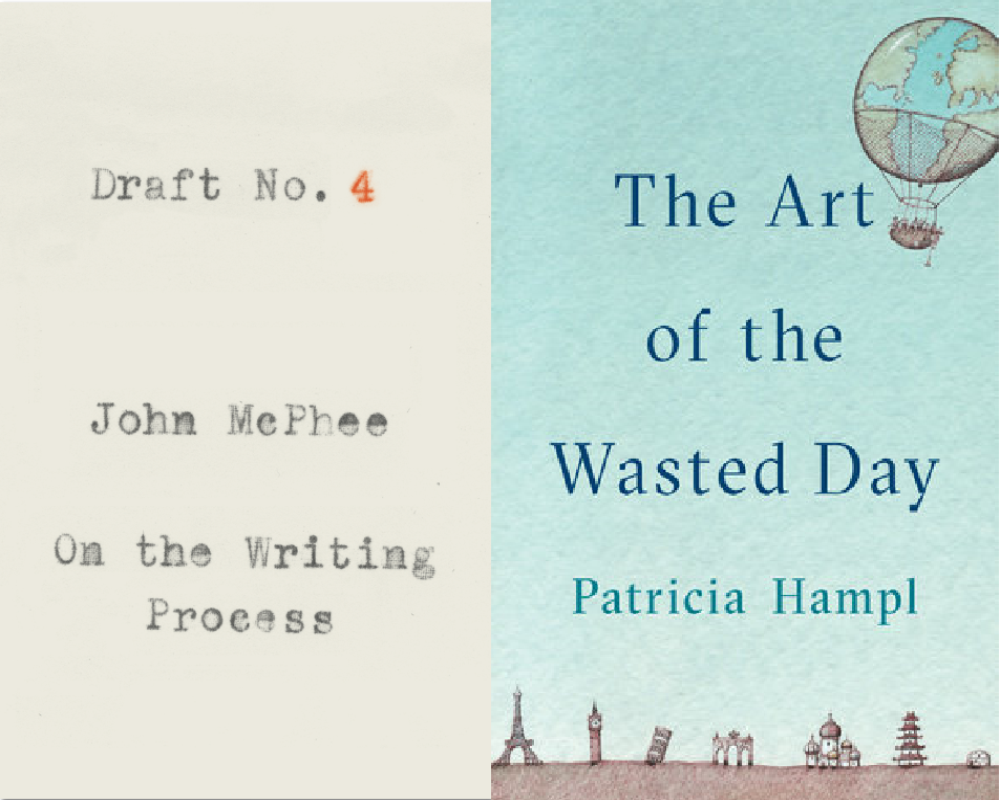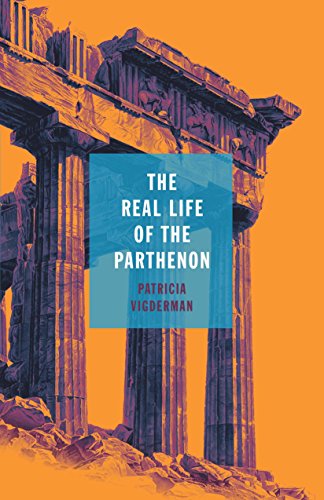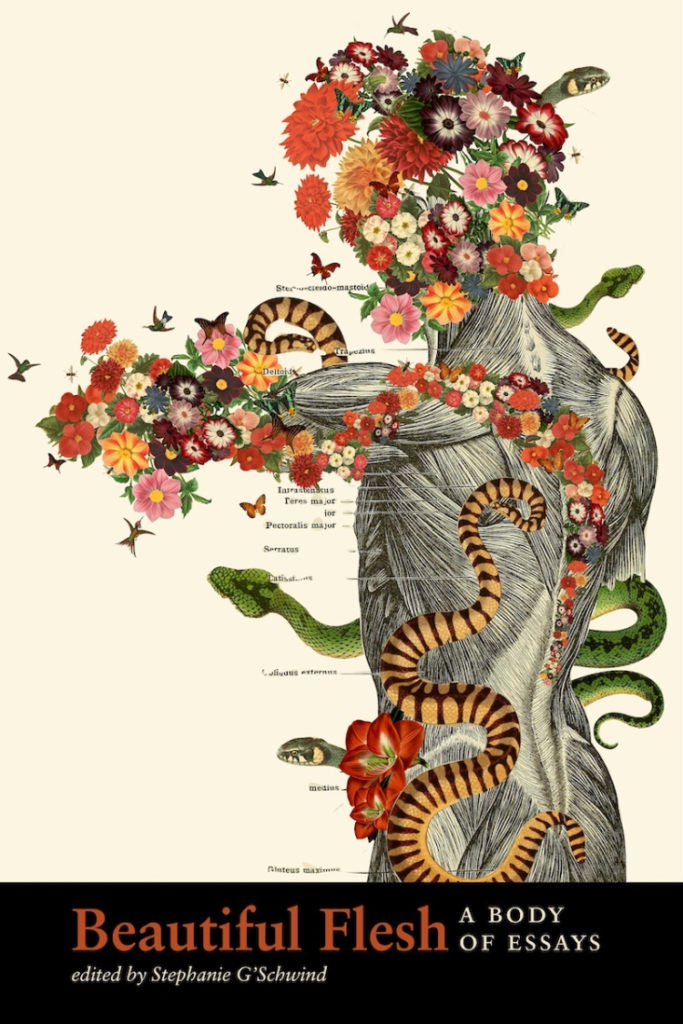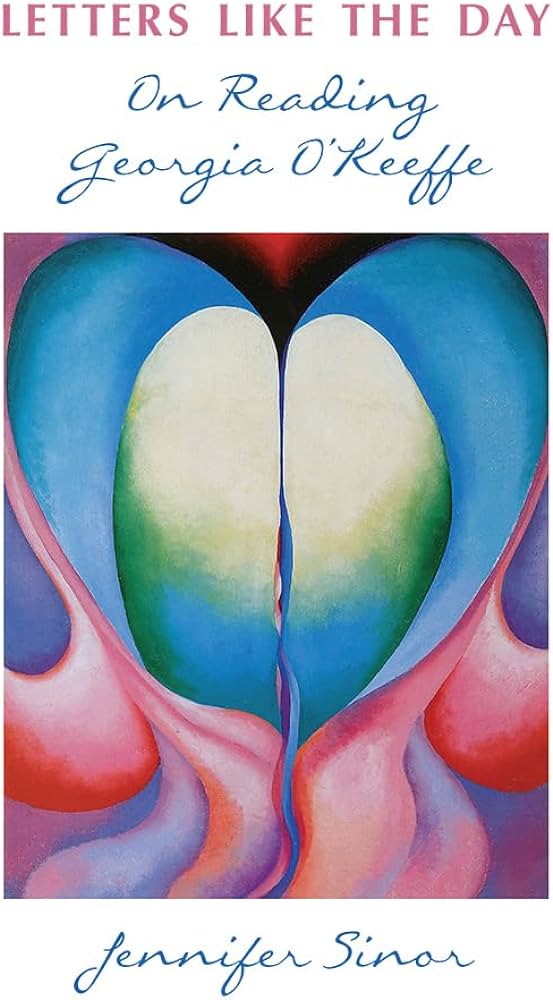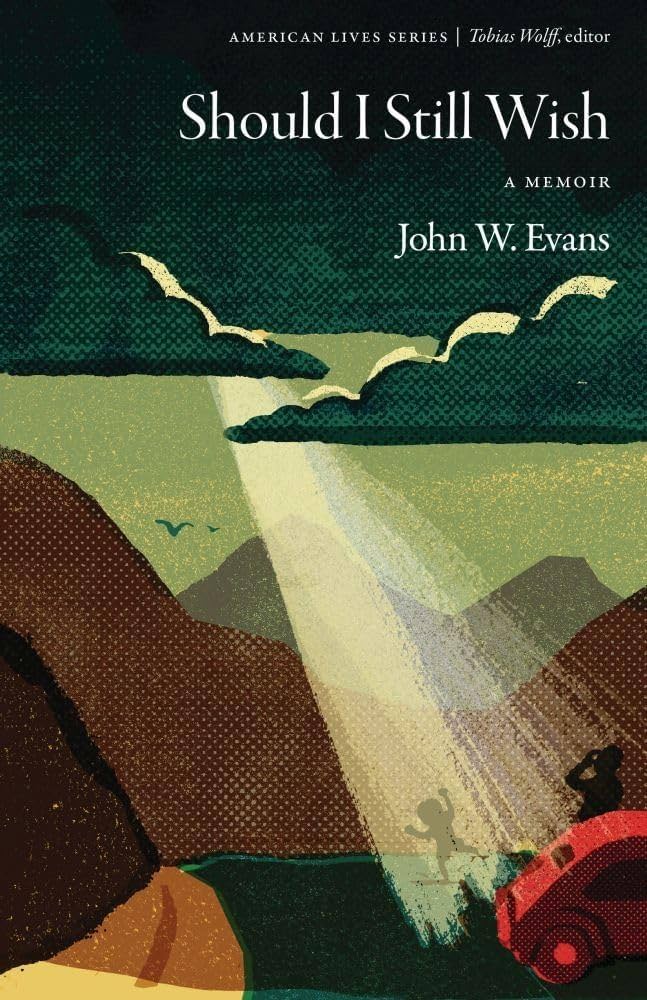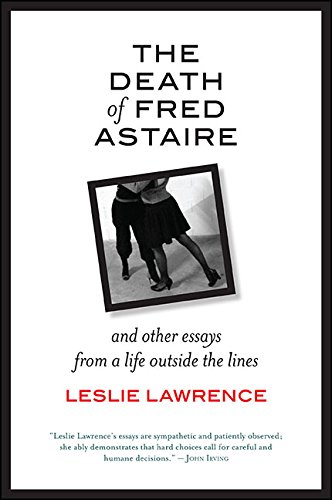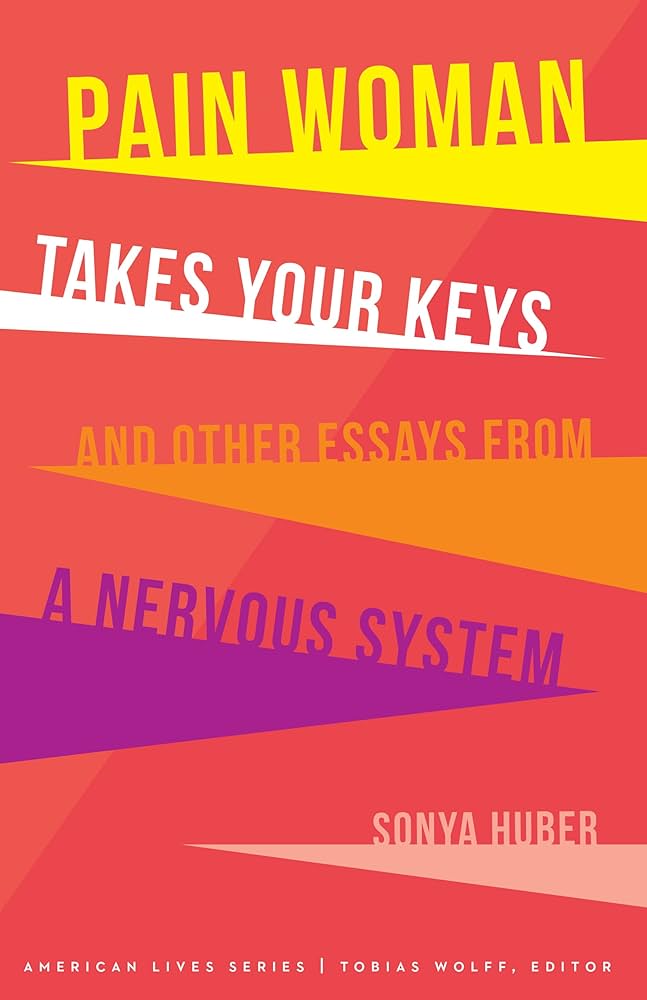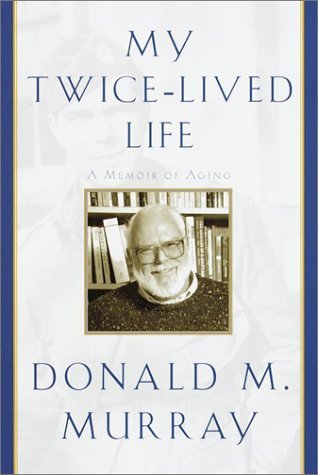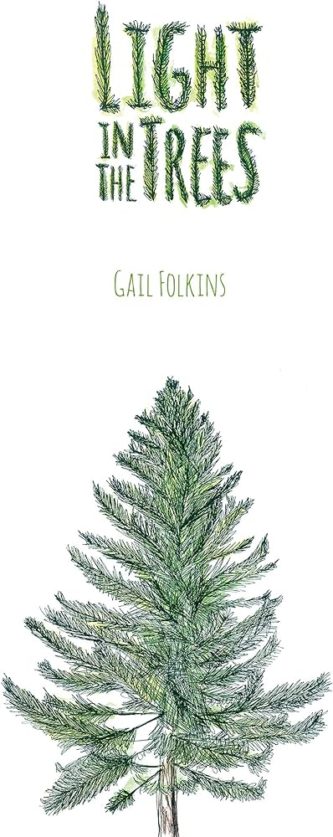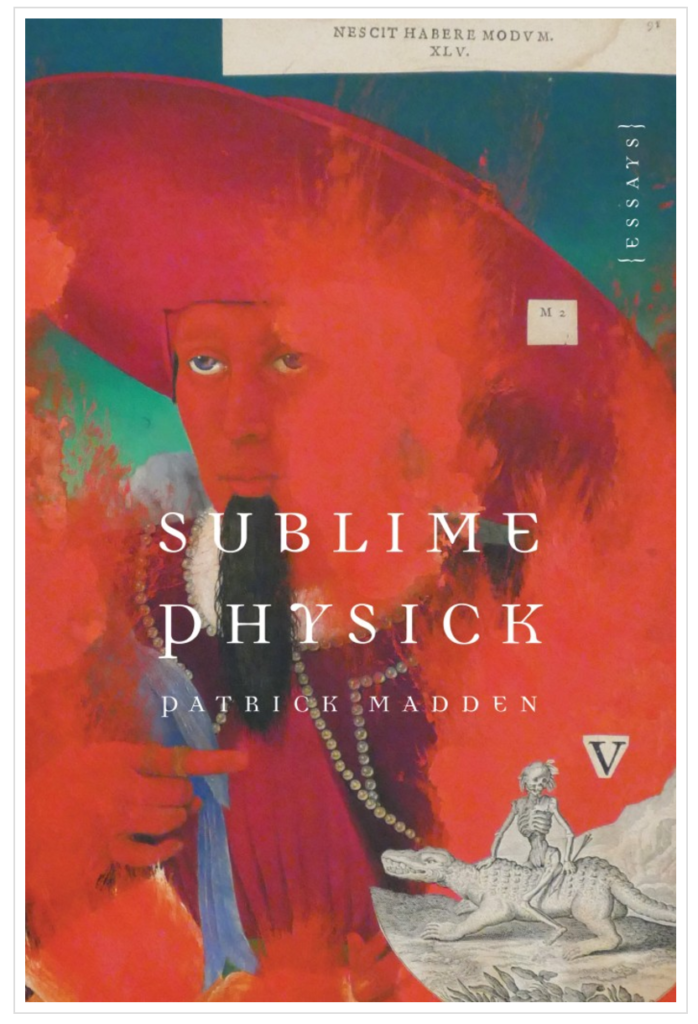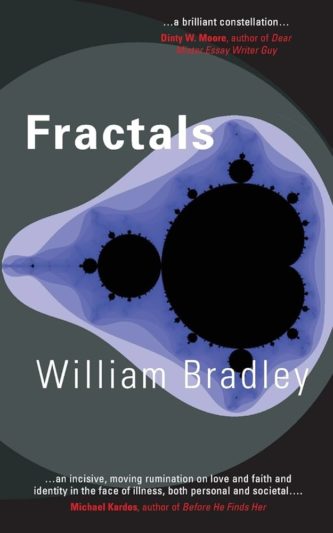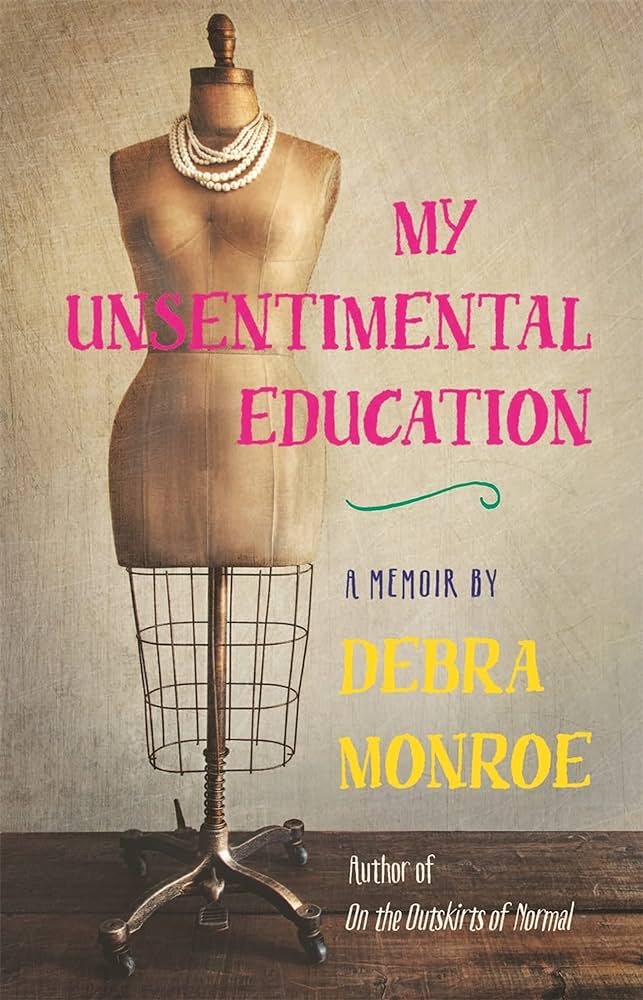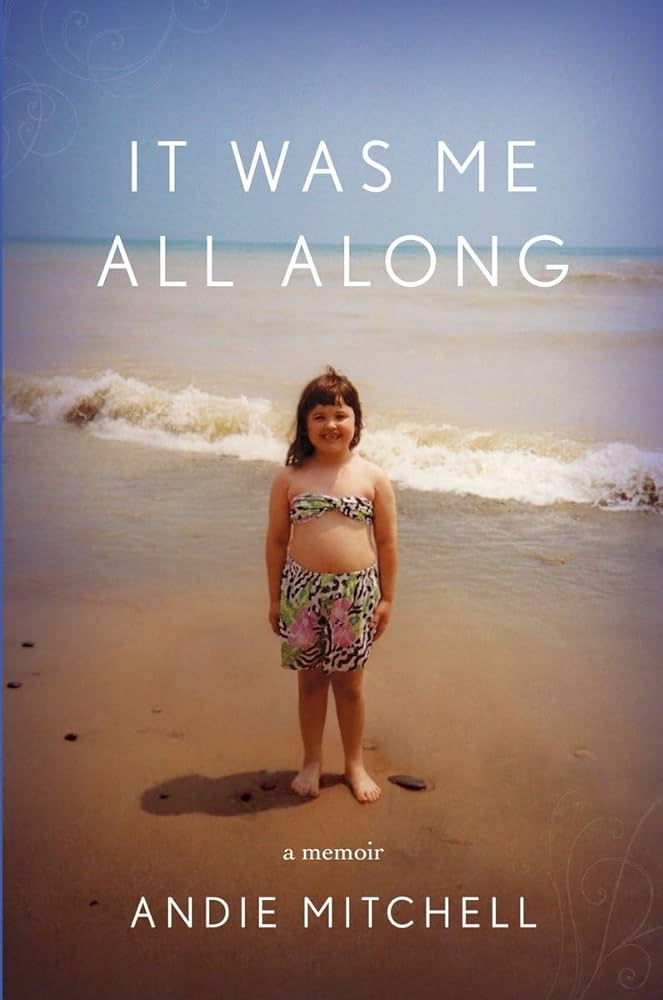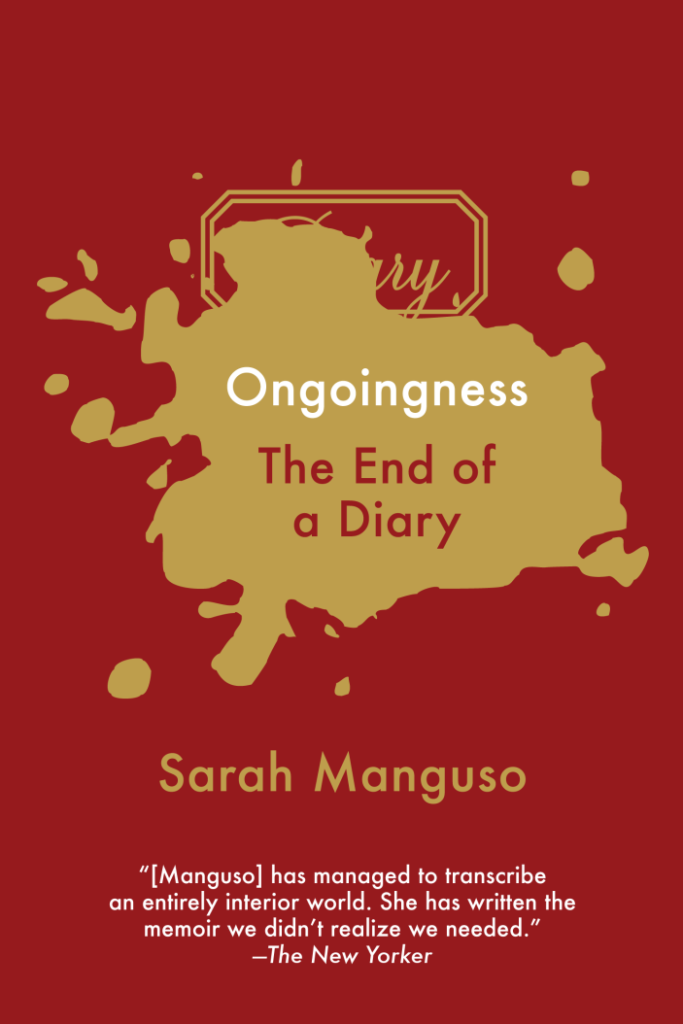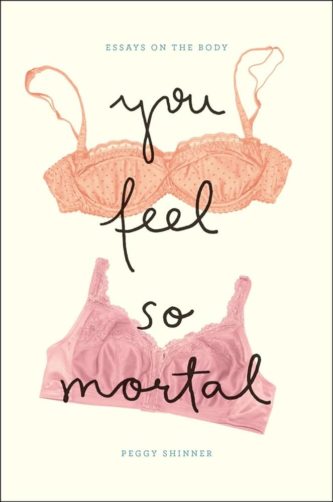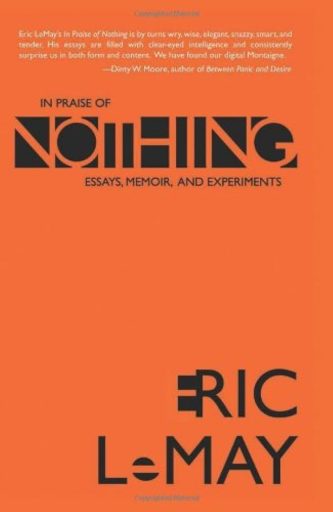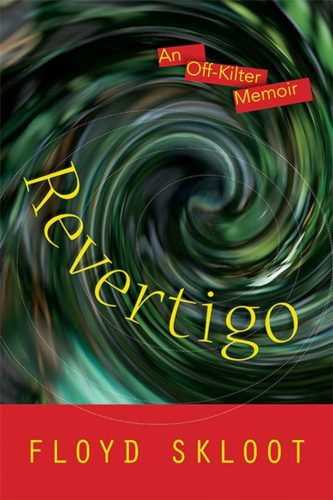By Tarn Wilson
All the Wild Hungers: A Season of Cooking and Cancer by Karen Babine
Karen Babine’s All the Wild Hungers captures the disorientation we feel when faced with this most ordinary, yet extraordinary, of shocks: the mortality of those dearest to us. Intellectually, we know we all must die, but when the reality of death hovers over our own families, our foundation trembles. When Babine’s mother is diagnosed with embryonal rhabdomyosarcoma, a rare cancer, Babine feels untethered. These short, meditative essays span the eight months of her mother’s recovery, as Babine intimately traces her interior journey, cooks for her mother, and tries to find some solid ground.
Babine tries to place her experience in a larger context: she meanders through reflections on Susan Sontag’s Illness as Metaphor and C.S. Lewis’s writing on grief—as well as the inequities in the health care system, the environmental consequences of popular farming practices, the philosophers Kierkegaard’s and Camus’s responses to absurdity, the science of why mint feels cold on our lips. But faced with her mother’s cancer, intellect alone cannot offer her comfort or provide answers. She admits, “fully understanding . . . is not possible.”
She also can’t find comfort by shaping her experience into a traditional story arc. The story does not rely on suspense. We know her mother will live, and her survival depends not on her fight, but on rest. “This is how we survive: We don’t struggle. We still.” The book is not driven by family drama; Babine comes from a close, affectionate family, and if they have any intimate secrets, she keeps them private. Most of all, she resists the temptation to simplify her experience into inspiring lessons, the “What cancer taught me” tropes.
Three-fourths of the way through the book, the spot where a reader generally expects an inspiring revelation, Babine refuses to comfort us. Her mother has been suffering in bed for days following her latest chemo treatment, and Babine writes,
This is the way we think about illness, about suffering, about crucibles, the goal of which is to come out on the other side with some sort of transcendent knowledge, a revelation, an epiphany, an arc toward recognizing how different we are now from who we were before cancer. But that’s ridiculous. We want that bright shining epiphany, but we don’t get it.
I suspect that in the past, research and storytelling have been some of Babine’s most faithful tools to steady herself during difficult times. But now they are not enough. Babine must seek other ways to keep herself tethered during this bewildering period.
First, Babine finds sustenance in language itself. For example, she loves the gender-neutral name for nieces and nephews: niblings. “I find this delightful, the sounds of it rolling on my tongue.” She is amused that she is a PANK, Professional Aunt, No Children. She collects brightly colored cast-iron cookware and, as if they were members of the family, gives them names: Agnes, Estelle, Minnie, Phillis, Penelope Pumpkin. “Perhaps the silly naming counteracted so much unknowing around me.” As readers, we also sense that the process of writing—the careful, honest naming of her experience—provides solid earth on which she can stand.
During this time, Babine also feels stabilized by the solidity of objects. She scours thrift stores for her favorite cookware and other treasures, especially those with a weighty sense of history. Of her orange cast-iron skillet, Agnes, she writes, “[She] is a delicious constant in a world where nothing makes sense anymore.” Babine explains to those readers who might accuse her of materialism:
We tend to disparage the pleasure of things, the joy we gain from objects, but in their best sense, things are icons. In the tradition of religious iconography of Orthodox Christianity, icons are windows between ourselves and God, the invisible webs of connection we need when the world tilts sideways.
Babine is soothed by cooking: the aromas, the color of the vegetables, the weight of the pan in her hand, the transformation by heat, the task of finding just the right food for her mother’s chemo-ravaged taste buds. On her mother’s birthday, when she is too ill for her scheduled treatment, Babine writes, “On days like this, I need the physicality of cooking: I need the tension of a spatula through a cake batter, I need the action on the surface of a simmer, I need the chop.”
Babine also basks in the continuity cooking represents. As a multi-generational Minnesotan, she shares stories of recipes inherited from her German and Swedish ancestors, the same recipes she passes on to her niblings. She feels fastened in time by her long family history and held in place by her web of community, those friends and neighbors who arrive on the family’s doorstep with lasagna, roast beef, squash, and potatoes.
She searches for patterns that might hint at some undergirding spiritual foundation. After she returns from a funeral of a friend, she says, “I need to believe in patterns beyond my human understanding.” She knows some of her conclusions may be questionable: is there really meaning in the fact her beloved aunt dies the same day her nephew is born? Still, she has moments of certainty. Slicing open a cabbage, she sees “the hidden patterns and swirls in the packed leaves” and is certain it is “too beautiful to be accidental.”
Babine’s essays reference Lutheran traditions and are imbued with a sense of the sacred. But in the same way Babine pushes against narrative structure, she also resists any particular spiritual framework or religious rhetoric. She wants to honor the spaces of unknowing. Faced with the mystery of her mother’s cancer, she is repelled by simple, saccharine prayer memes. Nor does she feel she can place her full faith in what she calls the Miracle of Modern Medicine. She concludes, “So I put my trust in Rose Levy Beranbaum’s The Cake Bible instead.”
That last quip is funny, but it suggests more than the worship of buttercream frosting. This is Babine’s religion: Admit what you don’t understand. Do humble tasks with attention. Tend to one another with love. Pay attention to a world in which we “find the divine in an ordinary salad of cucumber, tomatoes, and onions on a Tuesday night, a moment where the individuality of cancer meets a community who will not let you walk this path alone.”
Milkweed Editions
$16.00 Paperback | $9.99 eBook | Buy Now
Tarn Wilson is the author of the memoir The Slow Farm (Ovenbird Books: Judith Kitchen Select, 2014) about her childhood with her hippy parents in the Canadian wilderness. Her essays appear in Brevity, Defunct, Gulf Stream, Harvard Divinity Bulletin, J Journal, River Teeth, Ruminate, and The Sun, among others. She is a graduate of the Rainier Writing Workshop and a high school teacher in the San Francisco Bay Area.


